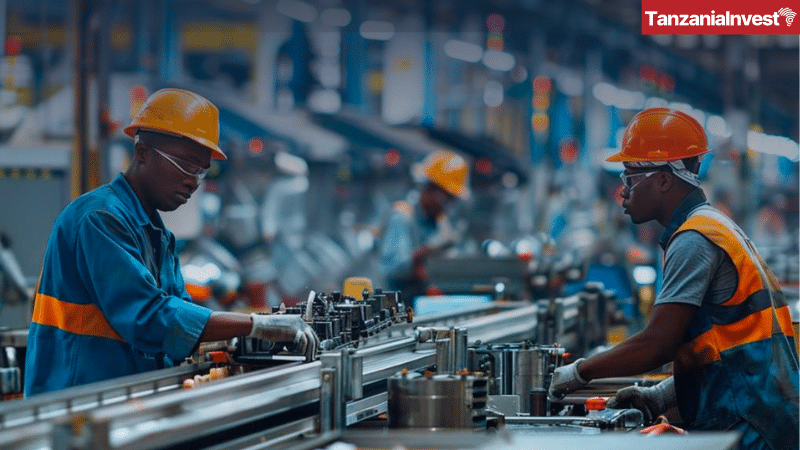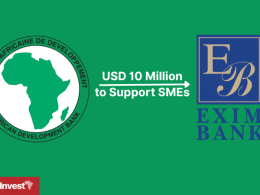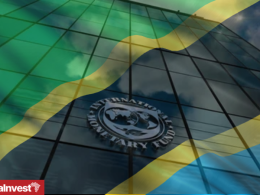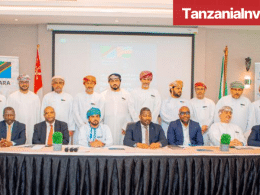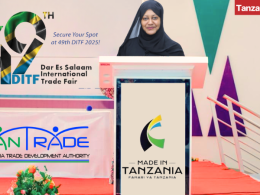On 12th August 2025, the Tanzania Investment and Special Economic Zones Authority (TISEZA) launched five Special Economic Zones (SEZs) in Dar es Salaam to attract large industrial investment to Tanzania.
The five strategic areas are: the Nala SEZ (607 hectares), the Kwala SEZ (40.5 hectares – 100 acres), the Buzwagi SEZ (1,333 hectares), the Bagamoyo Eco Maritime City – BEMC SEZ Phase One (151 hectares), and the Benjamin William Mkapa SEZ (Expansion) covering 13,000 square meters.
TISEZA also introduced targeted incentives and strategic land allocation within the selected SEZs to attract investments in priority sectors such as textiles, pharmaceuticals, automotive assembly, agro-processing, electronics, and green energy solutions.
Officiating the event, Tanzania’s Minister of Planning and Investment, Prof. Kitila Mkumbo, emphasized that the government’s investment reforms aim to remove bureaucratic hurdles and ensure that investors, both local and international, receive equal facilitation.
Prof. Mkumbo highlighted: “It is not enough to attract investors. We must ensure they can operate and grow profitably. Our priority is to match investment projects with national economic goals and to provide both tax and non-tax incentives to support them.”
He noted that launching the SEZs aligns with Vision 2050 targets, particularly in expanding private sector participation in SEZ ownership and management, and ensuring that investments create jobs, increase exports, and generate government revenue.
On her part, the Secretary General of the President’s office of Planning and Investments, Dr. Tausi Kida, highlighted: “This initiative represents a strategic turning point in our investment history. It leverages our geographical location, resources, and stability to attract transformative and sustainable investments.”
She added that the integration of TIC and EPZA services under TISEZA creates a stronger institutional platform for research, planning, and targeted investment promotion.
On his part, the Director General of TISEZA, Mr. Gilead Teri, outlined how the SEZs reflect the merged institution’s goal of making Tanzania the easiest place in Africa to establish a manufacturing operation, especially within specialized SEZ areas.
Teri emphasized: “Any Tanzanian who wants to start a factory in our zones will receive land for free, provided the factory is completed within one year. We have also pre-approved over 200 factory designs, enabling investors to receive building permits within 24 hours.”
He also announced plans to station TISEZA officers at all major border points by the end of the year to assist exporters in reaching regional and global markets.
Tanzania’s Industrialization and Special Economic Zones
Under the leadership of Her Excellency President Samia Suluhu Hassan, Tanzania is implementing an aggressive industrialization strategy focused on attracting investments that add value to domestic resources.
This approach supports the national objective of transforming Tanzania into a competitive, export-oriented economy, in line with Vision 2050 targets.
Special Economic Zones (SEZs) form a central part of this strategy by offering targeted incentives, streamlined regulatory processes, and strategic land allocation to priority industries.
The Tanzania Investment and Special Economic Zones Authority (TISEZA) is mandated to develop, manage, and promote these zones, combining the functions of the former Tanzania Investment Centre and Export Processing Zones Authority to provide a unified platform for investment facilitation.
The government has identified multiple priority sectors with high investment potential for SEZ development, including textiles and apparels, manufacturing of machinery and agricultural implements, pharmaceuticals and medical devices, household appliances and electronics, and electric motor vehicle assembly.
Other priority areas include wood products and furniture, rubber processing and manufacturing of rubber products, paper products and packaging materials, and edible oil production.
Further opportunities exist in value addition for agriculture, fisheries, horticulture, and manufacturing of fast-moving consumer goods, as well as the assembly of conventional motor vehicles, motorcycles, tractors, boats, engines, and spare parts, and in mining and mineral beneficiation.
These sectors are considered essential for boosting exports, generating employment, and increasing government revenue, while leveraging Tanzania’s natural resources and strategic geographic location.





